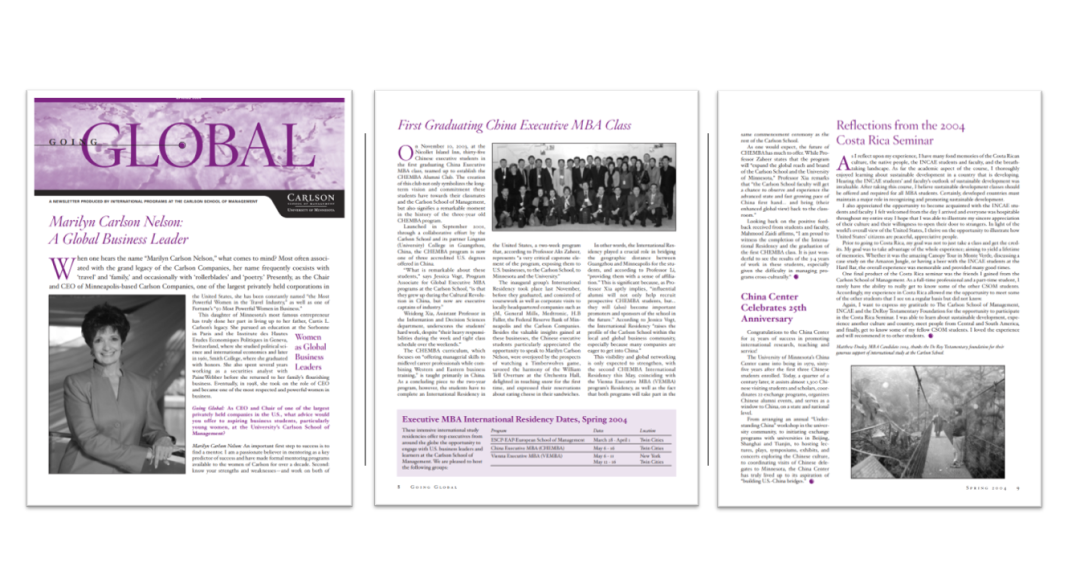First Graduating China Executive MBA Class
CHEMBA首批学员(CHEMBA1)于2001年9月正式入学, 2001年9月20日在岭南学院隆重举行开学典礼。35名学员来自广东、上海、浙江、江西、福建、香港、台湾、印度等地;分属通讯、制造、IT、金融、贸易、化工、政府部门等行业,并拥有平均12年的工作经验;在各自的工作领域里担任董事长、总经理或部门经理等要职。2003年11月10日,CHEMBA1赴美参加毕业典礼,圆满完成学业。
“First Graduating China Executive MBA Class”该文发表于卡尔森管理学院杂志“Going Global”2004年春版,特邀项目负责人、以及项目任课教授对该项目寄语,并对首批毕业学员表达祝福。
Going Global, Spring 2004
International Programs
Carlson School of Management
University of Minnesota
First Graduating China Executive MBA Class
On November 10, 2003, at the Nicollet Island Inn, thirty-five Chinese executive students in the first graduating China Executive MBA class, teamed up to establish the CHEMBA Alumni Club. The creation of this club not only symbolizes the longterm vision and commitment these students have towards their classmates and the Carlson School of Management, but also signifies a remarkable moment in the history of the three-year old CHEMBA program.
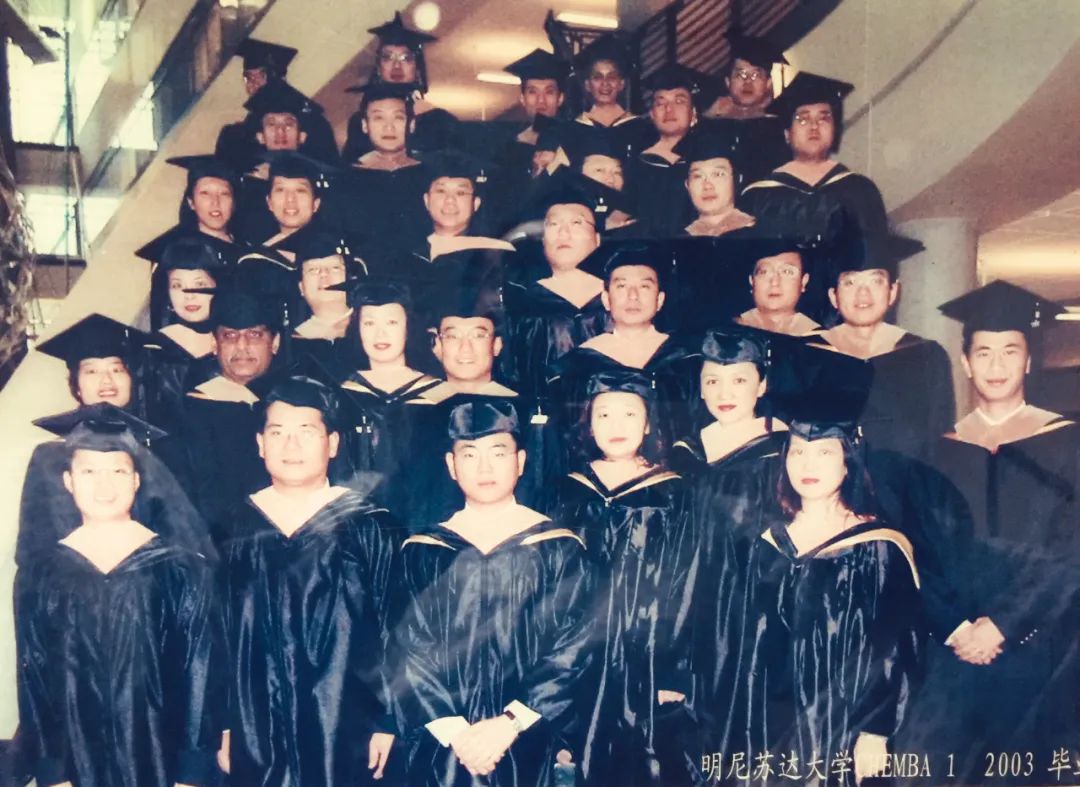
Launched in September 2001, through a collaborative effort by the Carlson School and its partner Lingnan (University) College in Guangzhou, China, the CHEMBA program is now one of three accredited U.S. degrees offered in China.
“What is remarkable about these students,” says Jessica Vogt, Program Associate for Global Executive MBA programs at the Carlson School, “is that they grew up during the Cultural Revolution in China, but now are executive captains of industry.”
Weidong Xia, Assistant Professor in the Information and Decision Sciences department, underscores the students’ hard work, despite “their heavy responsibilities during the week and tight class schedule over the weekends.”
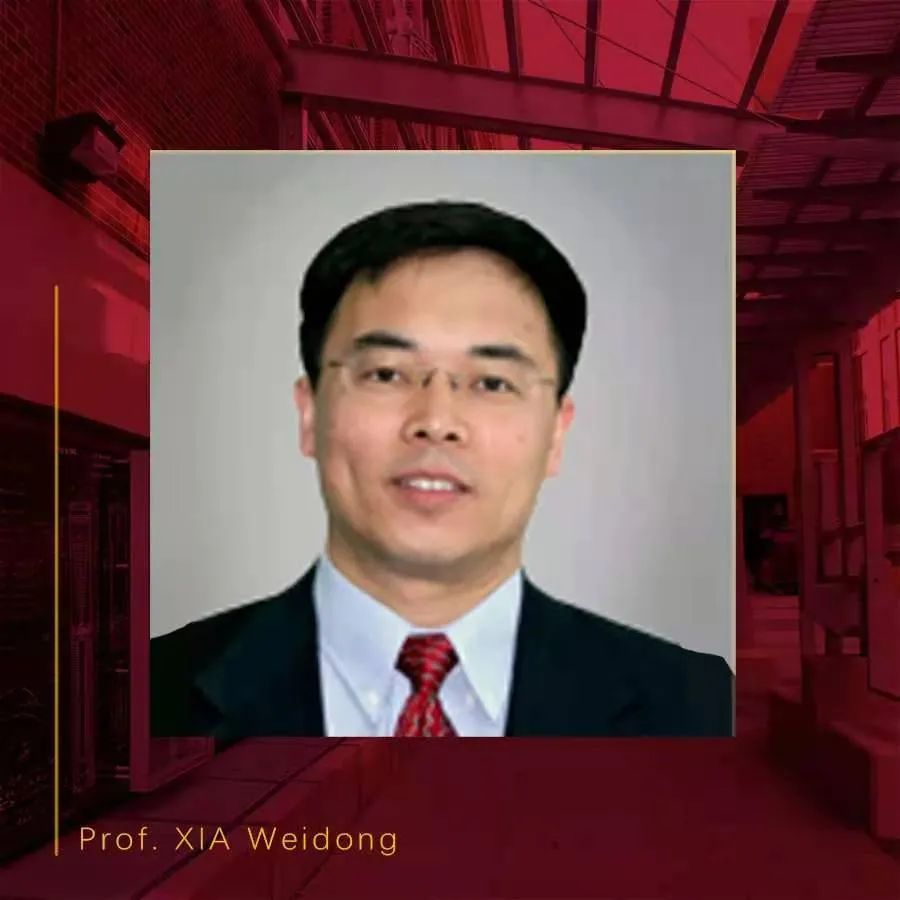
The CHEMBA curriculum, which focuses on “offering managerial skills to midlevel career professionals while combining Western and Eastern business training,” is taught primarily in China. As a concluding piece to the two-year program, however, the students have to complete an International Residency in the United States, a two-week program that, according to Professor Aks Zaheer, represents “a very critical capstone element of the program, exposing them to U.S. businesses, to the Carlson School, to Minnesota and the University.”

The inaugural group’s International Residency took place last November, before they graduated, and consisted of coursework as well as corporate visits to locally headquartered companies such as 3M, General Mills, Medtronic, H.B Fuller, the Federal Reserve Bank of Minneapolis and the Carlson Companies. Besides the valuable insights gained at these businesses, the Chinese executive students particularly appreciated the opportunity to speak to Marilyn Carlson Nelson, were overjoyed by the prospects of watching a Timberwolves game, savored the harmony of the William Tell Overture at the Orchestra Hall, delighted in touching snow for the first time, and expressed their reservations about eating cheese in their sandwiches.

In other words, the International Residency played a crucial role in bridging the geographic distance between Guangzhou and Minneapolis for the students, and according to Professor Li, “providing them with a sense of affiliation.” This is significant because, as Professor Xia aptly implies, “influential alumni will not only help recruit prospective CHEMBA students, but... they will (also) become important promoters and sponsors of the school in the future.” According to Jessica Vogt, the International Residency “raises the profile of the Carlson School within the local and global business community, especially because many companies are eager to get into China.”
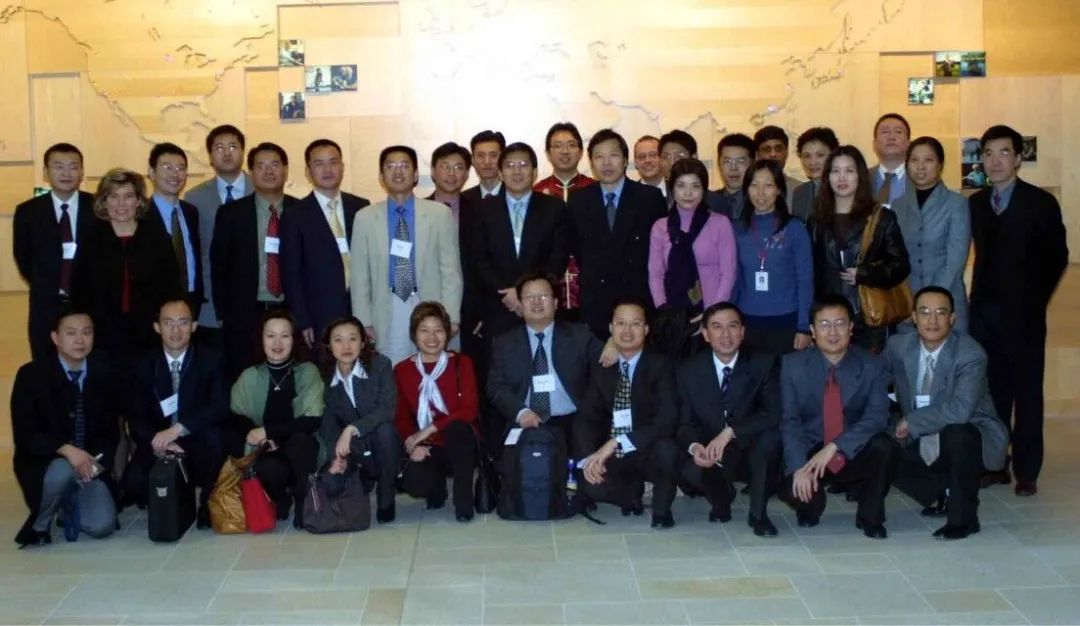
This visibility and global networking is only expected to strengthen, with the second CHEMBA International Residency this May, coinciding with the Vienna Executive MBA (VEMBA) program’s Residency, as well as the fact that both programs will take part in the same commencement ceremony as the rest of the Carlson School.
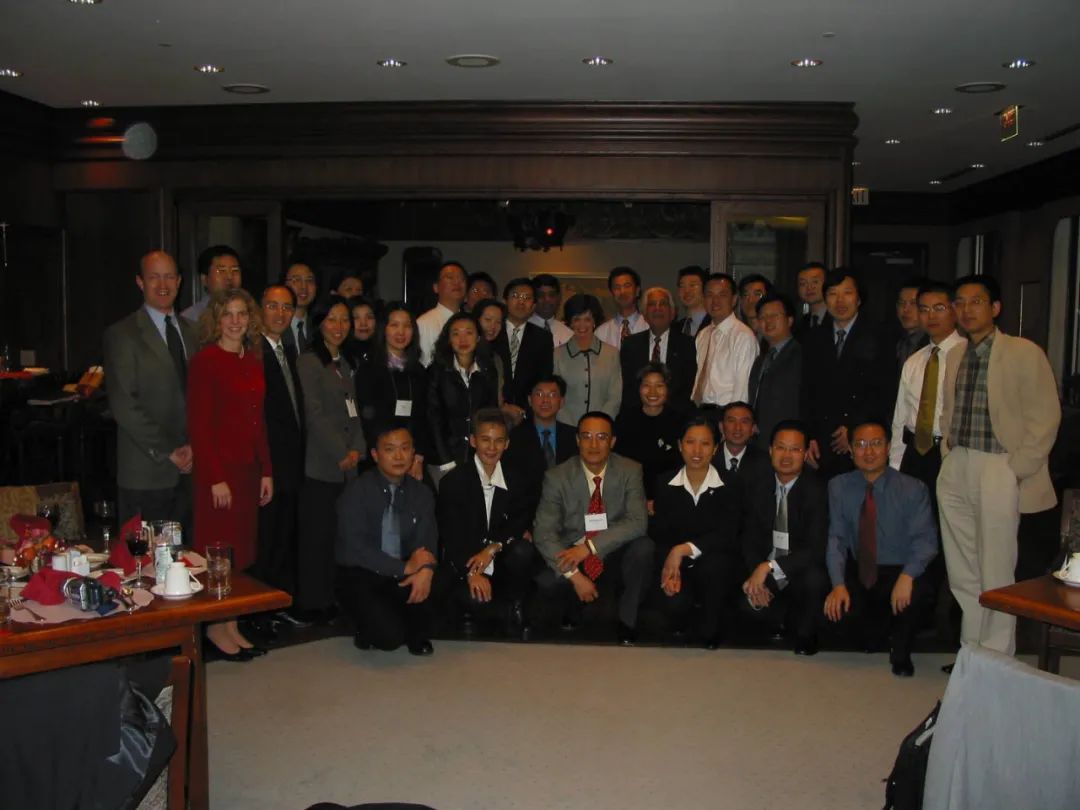
As one would expect, the future of CHEMBA has much to offer. While Professor Zaheer states that the program will “expand the global reach and brand of the Carlson School and the University of Minnesota,” Professor Xia remarks that “the Carlson School faculty will get a chance to observe and experience the advanced state and fast growing pace of China first hand... and bring (their enhanced global view) back to the classroom.”
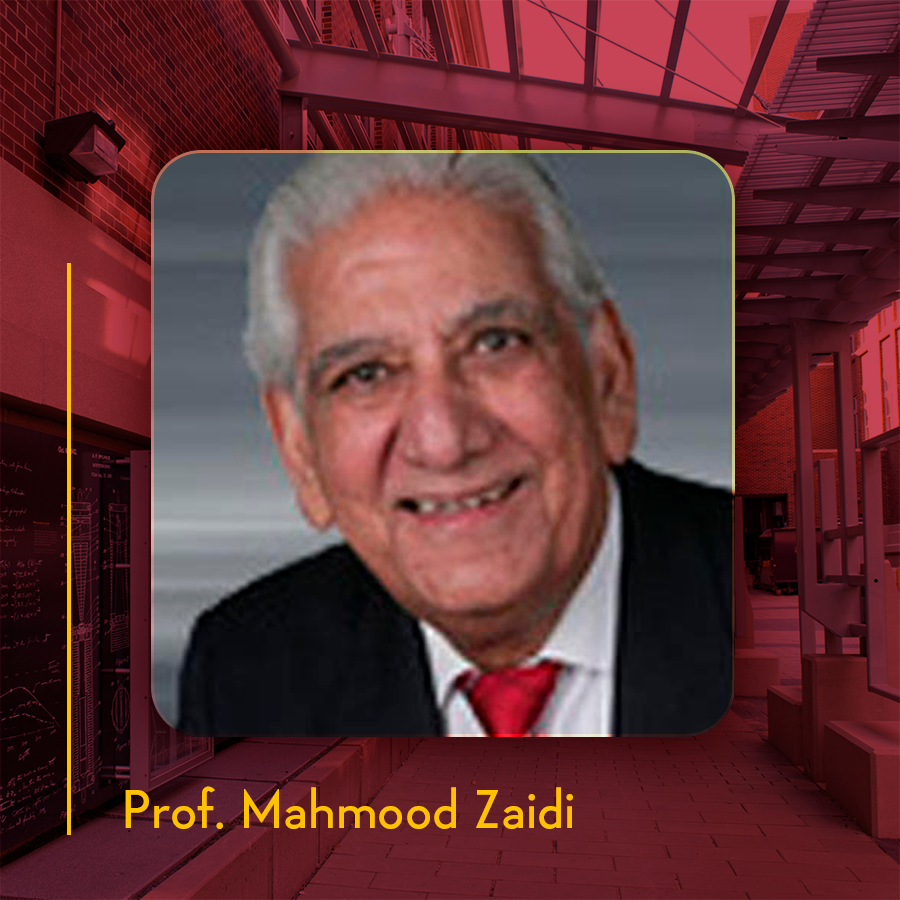
Looking back on the positive feedback received from students and faculty, Mahmood Zaidi affirms, “I am proud to witness the completion of the International Residency and the graduation of the first CHEMBA class. It is just wonderful to see the results of the 3-4 years of work in these students, especially given the difficulty in managing programs cross-culturally.”
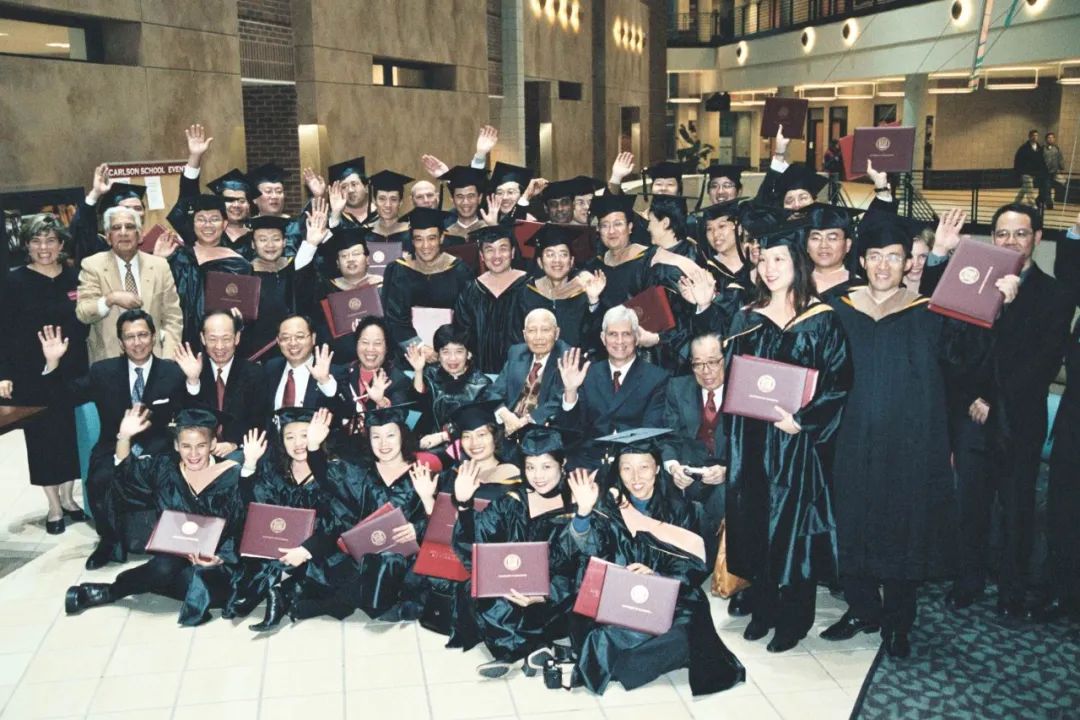
前面第三排左起:卡尔森管理学院国际项目副主任Mary Kosir,国际项目主任Prof. Mahmood ZAIDI
前面第二排左起:黎乃昭先生(岭南学院董事会名誉董事)、邹至庄敎授(岭南学院名誉院长)、舒元敎授(岭南学院院长)、卢长玲女士(岭南学院董事会秘书长)、叶尚志女士(叶葆定先生的女儿)、叶葆定先生(中山大学岭南学院董事会名誉主席、名誉教授)、卡尔森管理学院院长Prof. Lawrence Benveniste、李瑞明(岭南学院董事会名誉董事)
卡尔森管理学院杂志—Going Global 出版于2004春
